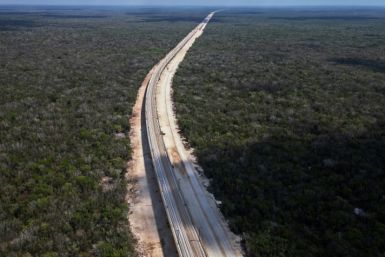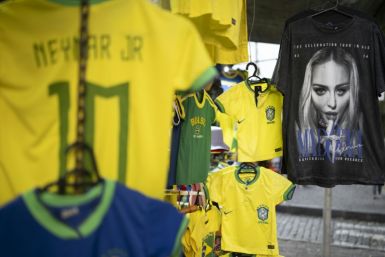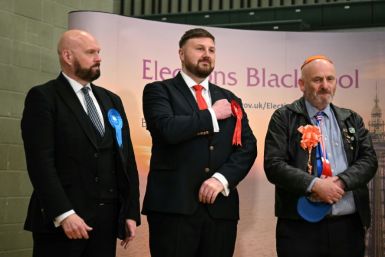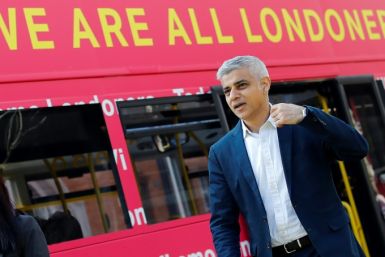Elon Musk rebuts Consumer Reports' reliability survey hammering Tesla Model S
Musk says the Consumer Reports survey included a lot of early production cars
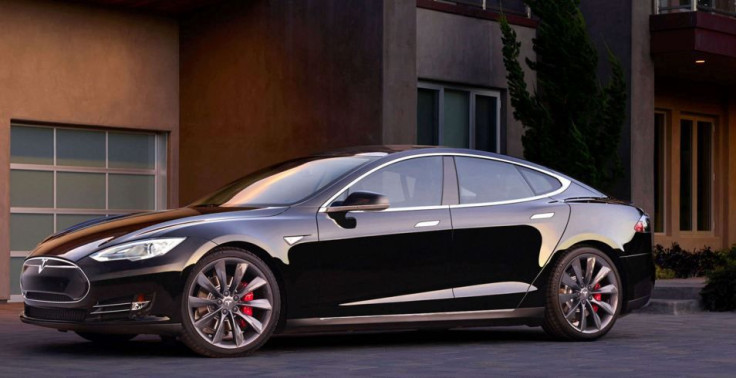
Tesla founder Elon Musk argues a Consumer Reports reliability survey that led the latter announcing it can’t recommend the Tesla S because of the electric car’s reliability problems is flawed because it covers pre production models.
In its latest reliability survey, Consumer Reports concluded that the Model S had “too many problems” to be recommended. Musk begged to disagree and immediately responded to the damaging survey.
“Consumer Reports reliability survey includes a lot of early production cars. Already addressed in new cars”, said Musk in a tweet.
In a follow-up tweet, Musk said “Tesla gets top rating of any company in service. Most important, CR says 97% of owners expect their cars to be a Tesla (the acid test)”.
Musk’s rapid response immediately followed the release of the Consumer Report survey that quickly spooked the market and led to Tesla’s stock losing 10 percent of its value. However, Tesla’s stock has rebounded since Oct. 20.
Tesla later released a statement further arguing its case. “Close communication with our customers enables Tesla to receive input, proactively address issues and quickly fix problems. Over-the-air software updates allow Tesla to diagnose and fix most bugs without the need to come in for service. In instances when hardware needs to be fixed, we strive to make it painless”, said the statement.
At the core of the controversy involving Tesla’s pricey electric sedans is the Tesla Model S that was particularly hard hit by the reliability survey. Consumer Reports found Tesla to have average reliability in its 2014 survey, said The New York Times.
In its latest reliability survey, however, Consumer Reports stopped recommending the Tesla Model S after owners complained of a spate of issues, including motors that needed to be changed, rattling noises and wheel alignment problems.
Consumer Reports made the change after reviewing reports from 1,400 Model S owners. The review showed the report to have “chronicled an array of detailed and complicated maladies”.
The report, however, noted that most of the reported problems fell under Tesla’s 50,000 mile, four-year warranty and were corrected at no cost to car owners.
Contact the writer at feedback@ibtimes.com.au or tell us what you think below.


